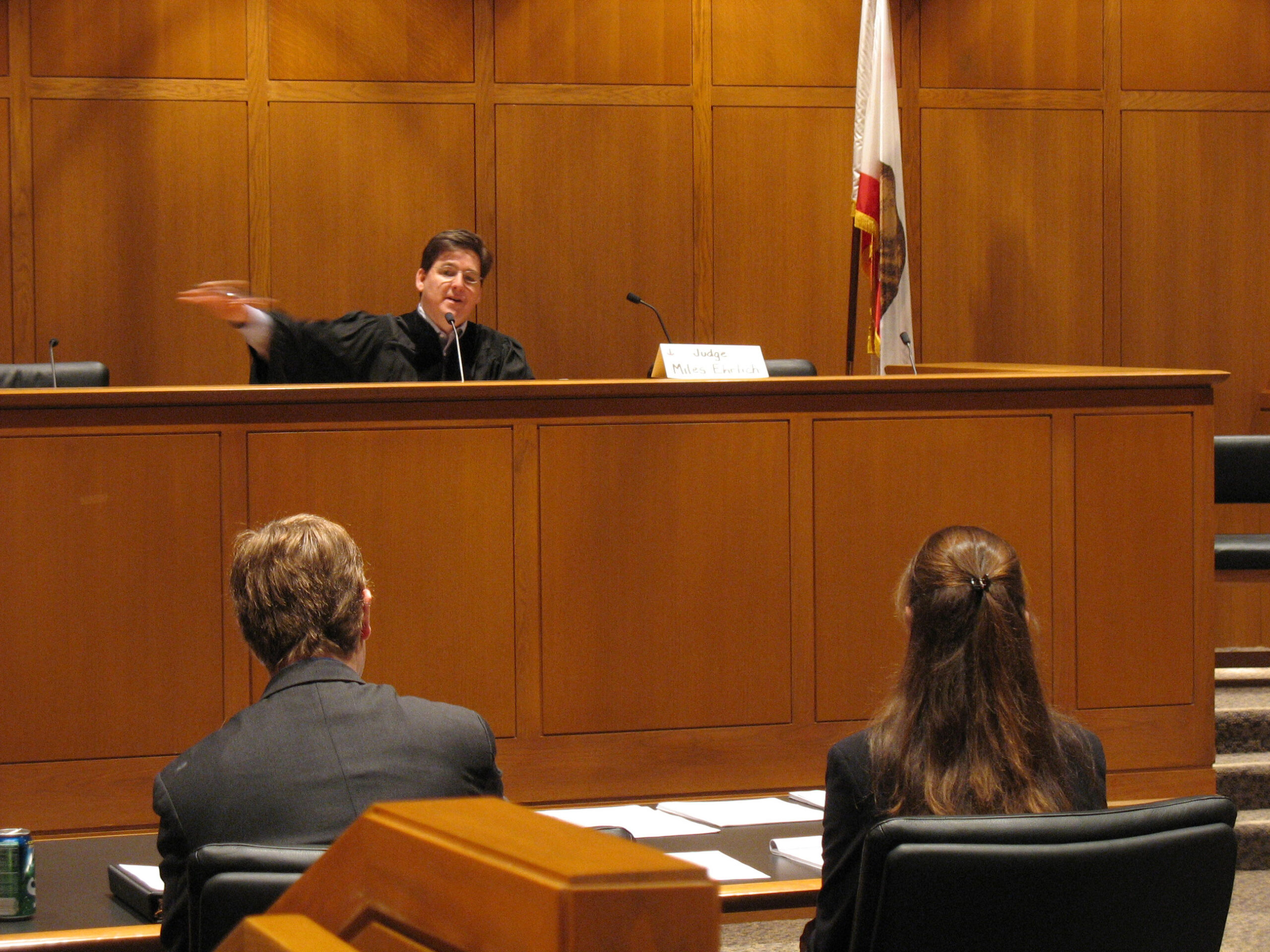
Almost every state allows defendants to enter pleas of no contest, or nolo contendere, for most types of cases. When you choose this plea, you are telling the court that you agree to the charges without admitting guilt. The plea also eliminates your ability to present a defense.
When you plea no contest, you can avoid trial. This can be to your advantage if the outcome of your potential trial is uncertain. It can also be a good idea if you don’t want certain facts about your life aired in public.
Should you be sued for the same act in civil court, a no contest plea can not be used as evidence against you. That means that if you are charged with assault, for example, your plea cannot be used against you if the alleged victim decides to sue you later.
Once you enter a plea of no contest, you are no longer able to mount a defense. Your case is essentially over with. This plea bears the same weight as a guilty plea or verdict when it comes to sentencing. You may technically be saving the court the time and expense of a lengthy trial, but you won’t be considered to have done anyone any favors. When you enter your plea, you will be sentenced immediately or given another court date for your sentencing hearing, depending on the severity of your case.
It is always advisable to speak with your attorney before you enter a plea of any type. An experienced lawyer can help you decide which plea is the most beneficial to you and your unique situation.
If you have been arrested for a crime in Orlando, you need a lawyer you can trust. Call our office as soon as possible for a free case evaluation. We will advise you of your options and help you take the next steps toward your defense.
509 W Colonial Dr. Orlando, FL 32804
Law Office Directions
Free Consultation(321) 332-0430
Contact the Law Offices of Katz & Phillips today to speak with one of our attorneys about your case today by filling out the form below, or call us at (321) 332-0430.
"*" indicates required fields